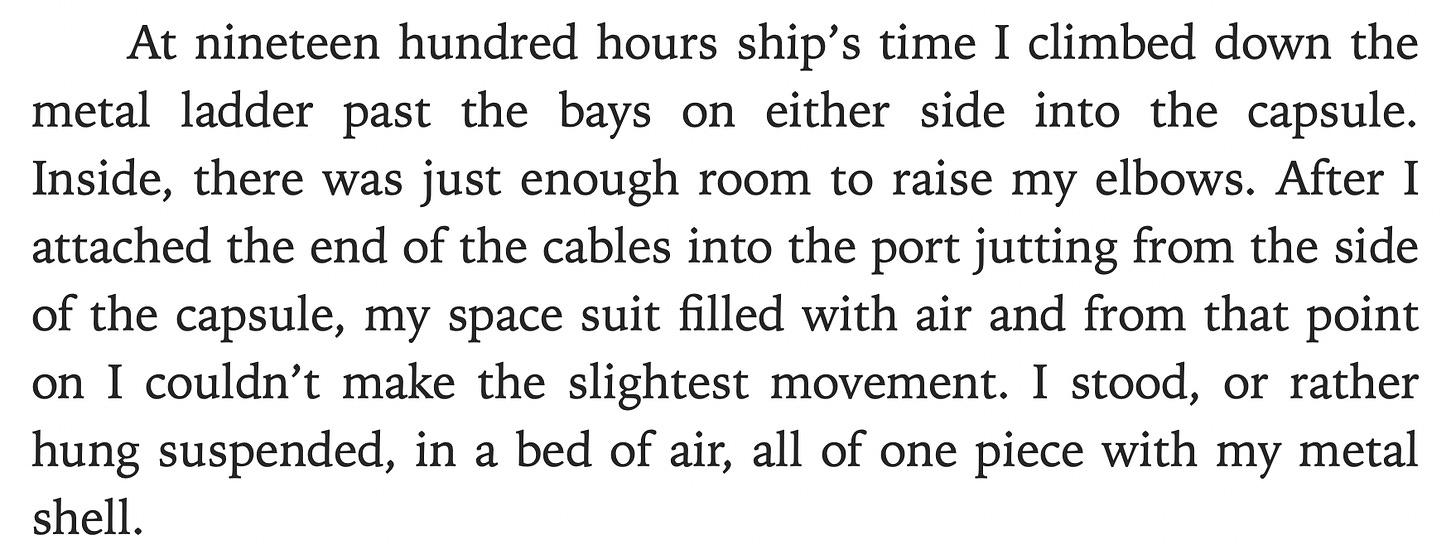Lemmings
Lemme start with a bad joke. A dad joke.
What do you call people who stan Stan?
Lemmings.
2022 is Stanislaw Lem’s 100th birthday! Mere coincidence that I happen to be reading his take on planetarity now? Fate? Anniversary greetings percolating across the interwebs into my consciousness?
I don’t know and I don’t care.


Watch the video linked above, or even better, read Lethem’s poem to Lem in the LRB (the video above is a companion to Lethem’s piece below).


Lethem says:
He was part of a litany for me, ‘international fabulators’ whose work I’d recite at the drop of a hat: Julio Cortázar, Italo Calvino, Kobo Abe, Angela Carter (and behind them Kafka and Borges). These weren’t the only writers I admired, or aped. But I felt that just invoking their names legitimated the kinds of thing I was trying to do.
My planetary detour already has Calvino and Borges in it. Cortazar, Abe and Carter aren’t planetary readings because (quoting Lethem once again):
There was a problem, however. One of the writers in my litany was not like the others. Cortázar wasn’t interested in rockets and robots, Carter ignored astronauts, and though Calvino sometimes wrote about particle physics, he made no claims for his futurological prowess.
I would add Roberto Bolano to this list, and if I was reaching, I would add Don Quixote’s passage across Spain as the original voyage of the Starship Enterprise. It’s a short hop from Quixote to Alf Laylah wa-Laylah aka the Thousand and One Nights.
Winners and Losers
Solaris is very much a novel in the Hard SF tradition of First Contact between an alien intelligence and a settler colonial spaceship.
Lem’s spaceships are as devoid of women as Melville’s whaling ships; in the important exception, Solaris, a ‘human’ woman is conjured for the protagonist by an alien intelligence. Lem shares Hard SF’s bottomless appetite for descriptions of imaginary landscapes and non-existent machines, and its intoxication with dwarfing scale: light years, aeons, quadrillions.
Solaris is a destination for winners boldly going where no one has gone before.
The hero’s journey begins after he’s done surveying his promised land. Quixote’s journey begins a little differently.
No tierra nueva for uncle Don. He’s a pathetic loser, like another imaginary daredevil.
Virtual and Actual
The winner has actual infinity in the palm of his hand. Elon has a decent shot of getting to Mars before he dies. Meanwhile losers hallucinate imaginary infinities in their virtual reality. Why would anyone pick the latter? I can think of two interconnected reasons:
The actual is not more real, it’s infinity is as much a hallucination as the Don’s fantasies (Solaris hints at this possibility). Some of us might even invert the relationship between virtual and actual: virtual reality is a better reality than that of an overcrowded, violent planet. If given a choice, we will all retreat into the Matrix.
If actuality and virtuality are equally unreal, the real infinite lies beyond both - who knows, the dialectic between the actual and the virtual will give us a hint about that space of metainfinities.
The second point has to do with a false contradiction between actually finite nature and potentially infinite society. Everyone believes this contradiction; the conquistadors think it’s time to get on our spaceships and go colonize some other planet while the limits to growth crowd wants to preserve what remains of the finite Earth. The latter is much preferable to the former, but there’s a deep sense in which both are wrong. It’s up to us lemmings to reveal the flaw.






